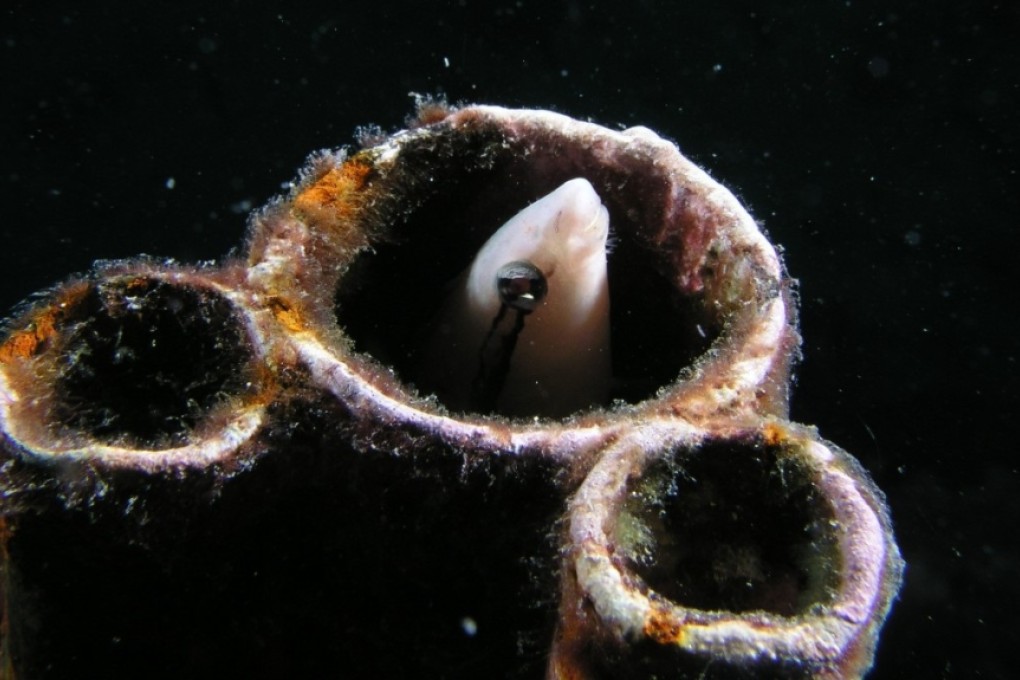Ancient, unchanged microbes may prove Charles Darwin's theory
In the muddy sediments beneath the deep sea, scientists have found ancient communities of microbes that remained virtually unchanged for 2.3 billion years.

In the muddy sediments beneath the deep sea, scientists have found ancient communities of microbes that remained virtually unchanged for 2.3 billion years.
Researchers say these microscopic organisms are an example of "extreme evolutionary stasis" and represent the greatest lack of evolution ever seen.
They may also, paradoxically, prove that Darwin's theory of evolution is true.
"If evolution is a product of changes in the physical and biological environment, and there are no changes in the physical and biological environment, then there will be no evolution," said J. William Schopf, a paleobiologist at the University of California, Los Angeles, in the US.
He calls it the null hypothesis required of Darwin's equation.
In a paper published this week in the journal PNAS, Schopf and his colleagues described three distinct communities of deep-sea microbes separated from each other in time by hundreds of millions of years.
The first is a fossilised community found in 2.3-billion-year-old rock in Western Australia. The second fossilised community was discovered in 1.8-billion-year-old rock, also from Western Australia. The third is a living community discovered in the last decade in sediments off the west coast of South America.